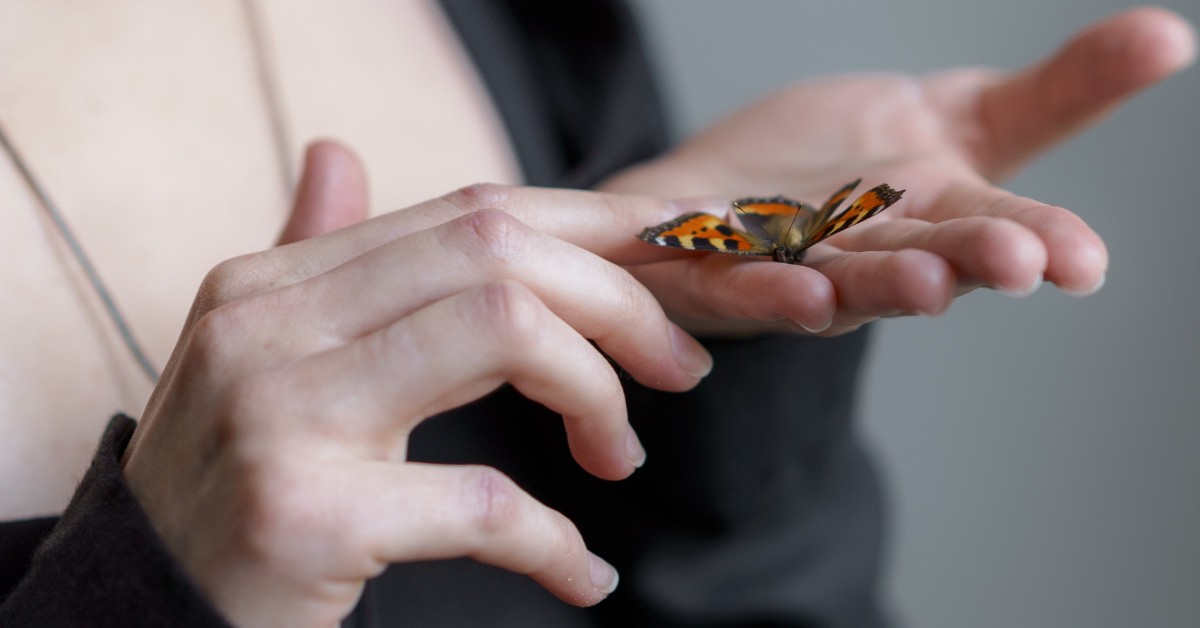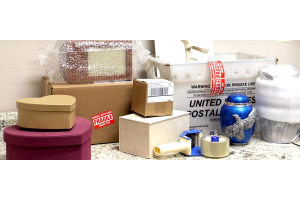
Grieving is an important part of the process of healing. However, it can also be a difficult period that leaves you feeling overwhelmed and adrift. It's important to set goals while grieving to feel like you're progressing towards healing.
Grief is difficult. And it can be especially hard when the loss of a loved one is sudden and unexpected, but it’s important to think about the kind of life you see for yourself in the future.
Finding Support
It can be hard for your friends and loved ones to know how to help and support you through your grief, no matter how well-intentioned they are. That’s why finding a support group of people who are going through what you are can help you process and cope with the emotions you’re living with.
Many people find comfort in adopting a pet. Dogs can be a wonderful source of companionship. They force you to get outside and take a walk, and they are intuitive about your emotions, instinctively knowing when you need reassurance.
In The Light Urns offers urns and keepsakes that help keep you connected to the ones you love. With quality service, a wide variety of premium options, and straightforward information about the funeral and cremation process.
Revisiting the Things That You Enjoy
To get through the process and heal, it is important to focus on what makes you happy. If you enjoyed going for a run every morning, baking, Sunday brunches with friends, or sitting with a cup of tea and a book, go back to doing those things, even if you don’t feel like it at first. Whenever we feel like we’re lost or out of place, doing something normal can help us feel right again.
Decide to Go Back to School
Or, if one of the things you’d been putting off is getting your degree, this may be an excellent time to finally make a commitment and enroll at a local university or online program. When looking for an online school, however, make sure it's accredited and that it offers competitive tuition rates.
Using your mental and psychological resources in a focused way can give the grieving part of your brain a chance to rest and heal. Some of the mental health benefits of learning are, improving your brain health and memory, increasing your mental well-being and happiness, and fostering a connection with others.
Taking Care of Yourself Physically
Exercise helps the body and mind heal while also giving you a sense of accomplishment and control over your life. It can help you feel better, get back on your feet, and start the healing process. It also has many benefits for mental health and overall well-being.
There are many different ways to exercise after a loss, including running, swimming, yoga, and weightlifting.
If you’re not ready for a strenuous routine, you can start by walking. Taking a walk on your lunch break, then in the evenings after dinner is a good way to start. Try working your way up to a 10,000 steps per day goal. Invest in a fitness tracker to help you keep track.
Adults need to drink a minimum of two liters of water every day. Coffee is not a substitute because it can dehydrate you. Soft drinks and juices are fine in moderation but should not take the place of adequate amounts of water.
Plan to eat better by purchasing healthier options when you shop. Replace the chips and cookies in your house with fruits, nuts, and raw veggies, like carrots and broccoli. Or prepare a healthy smoothie to take to the office with you and fill it with fruit, vegetables, and even chia seeds.
Remember that You’re In Charge of Your Well-Being
You can make the changes in your life that can help get you through your grief, making you even stronger than you were before. Going back to school, getting physically healthy, and getting the right kind of support are all important steps to help with the process of healing. It won’t happen overnight, it’s not supposed to, but taking it a step at a time means you’re moving forward to a future that can and will be happy again.
Sara Bailey is the writer and person behind the website https://thewidow.net and the author of the upcoming book, Hope and Help After Loss. You can find out more about Sara and additional resources on her site.





